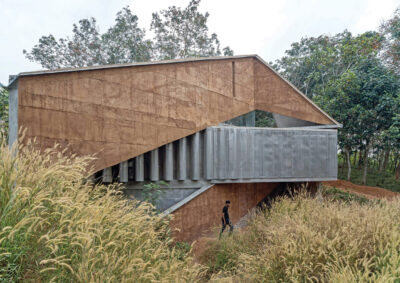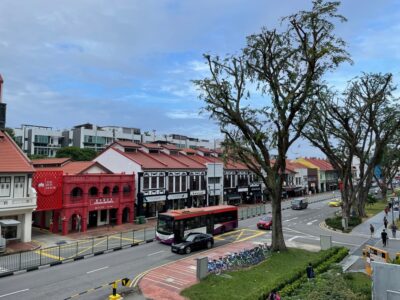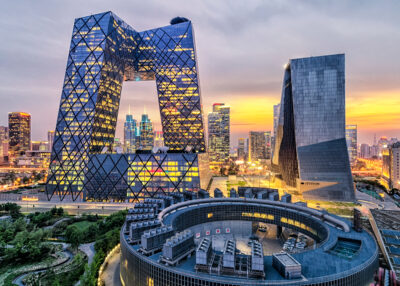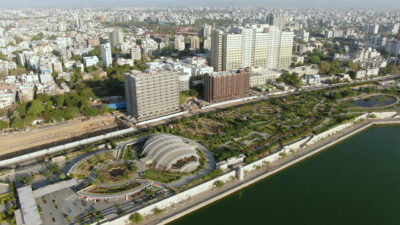Year in review: the search for ASEAN’s Silicon Valley
Innovation ecosystems, tethered to snazzy tech parks and science campuses, are sprouting across ASEAN in hopes of emulating the success of the Californian region
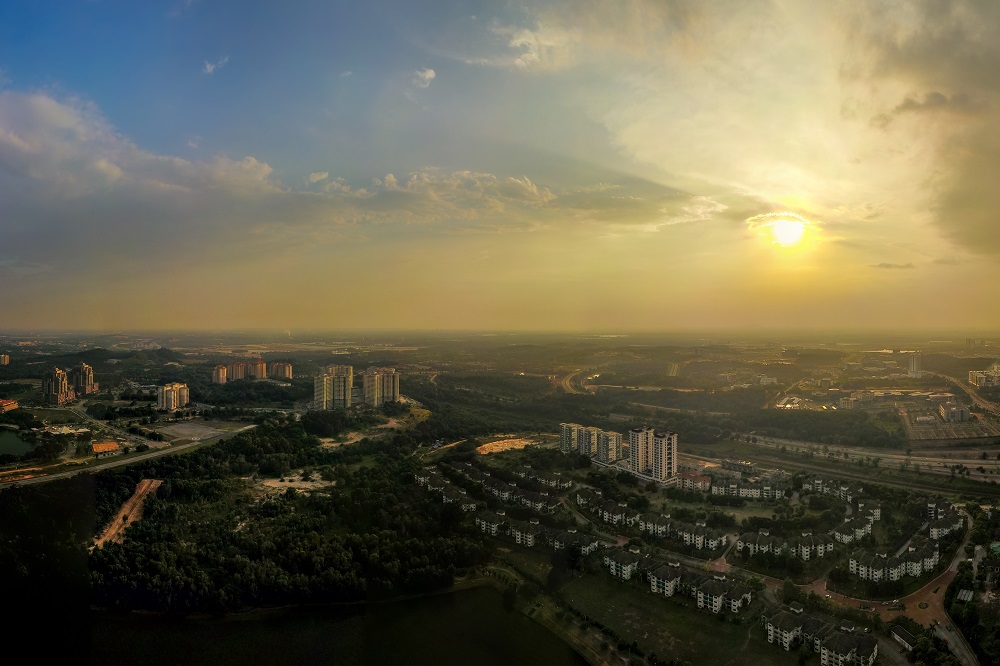
For decades, scores of Asian cities have tried to ape Silicon Valley and its ability to lure technology leviathans like Apple, Facebook, and Google. By agglomerating information technology companies in a designated area, imitators hope to fill offices, if not breed the next blessing of unicorns, i.e. startups
valued at more than USD1 billion.
Vast infusions of venture capital (VC) have sparked startup culture across a region where Silicon Valley wannabes show great potential to one-up the original. In the first seven months of 2019, Southeast Asia—now home to at least 10 unicorns—has attracted USD2.62 billion in VC commitments for startups.
CBRE data reveal tech companies account for 23 percent of total leasing activity in Asia Pacific in 2018, with over eight million square feet of headquarters constructed in the last two years. “Asia Pacific has in its artillery a range of business and science parks suitable to house tech companies,” says Ada Choi, head of occupier research for Asia Pacific at CBRE.
Malaysia was among the first in the region to exploit the idea of building a startup ecosystem from scratch. In 1997, the Mahathir Mohamad administration launched Cyberjaya (“cyber citadel” in Bahasa), a 2,800-hectare integrated city anchored on a science park. Although brimming with attractive tax breaks and rental rates, Malaysia’s bid to become the Silicon Valley of the East ultimately floundered as high-value firms preferred central Kuala Lumpur.
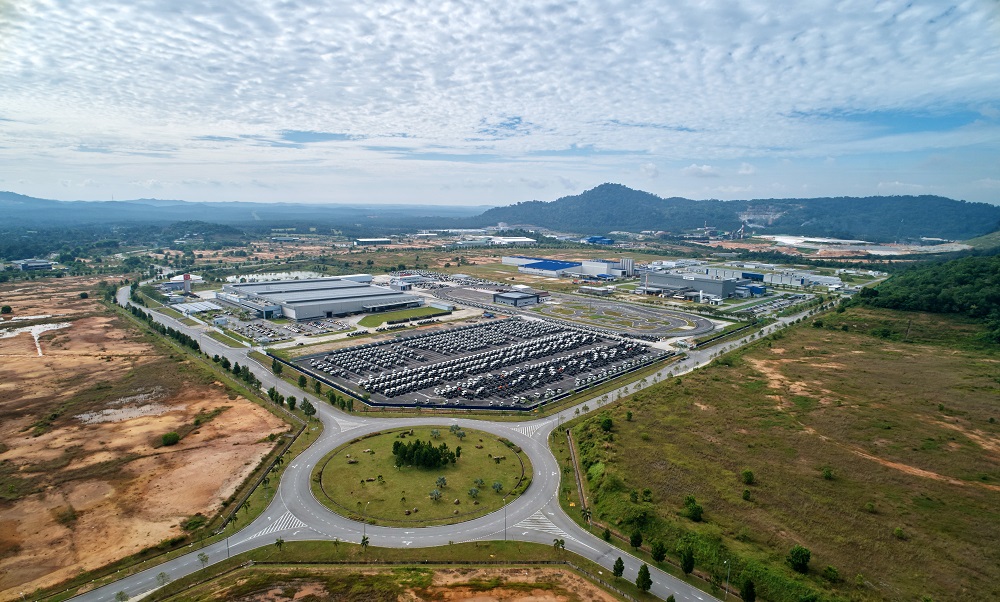
“Effective interface between tech companies and the property sector has not reached a desirable level in Malaysia,” says Prem Kumar, executive director of Jones Lang Wootton. There is, however, “tremendous potential to explore real estate opportunities that will enable tech companies to further streamline operational costs.”
A 1,100-acre property in Negeri Sembilan, for one, is being developed into Sendayan TechValley, with tenants being lured by government with short-term leases, staggered payments, business grants, and tax exemptions.
A similar trend is evident in Indonesia, which hosts five unicorns—the most in Southeast Asia. In South Tangerang, developer Sinar Mas Land is building Digital Hub@BSD City, a 26-hectare “knowledge campus” positioned as the “Silicon Valley of Indonesia.”
In the past, oil and gas companies and financial institutions were large occupiers of offices; now they’re facing a downsizing situation. On the other hand, tech companies, which started small, are now becoming the anchor tenants
Currently, tech firms are scattered throughout Jakarta. “We don’t have a ‘Silicon Valley’ per se, but the oversupply situation of the office market has brought the rental rate down quite significantly. Tech companies can easily go and rent office space anywhere in the CBD,” says Bagus Adikusumo, senior director of office services at Colliers Indonesia. Inspired by Jakarta’s success as a unicorn stable, Yogyakarta is proposing to convert two districts into a “digital valley”, emphasising lower living costs and cheaper labour than the capital.
Tech companies are usurping traditional industries in terms of office occupancy across ASEAN. “In the past, oil and gas companies and financial institutions were large occupiers of offices in Jakarta; now they’re facing a downsizing situation. On the other hand, tech companies, which started small, are now becoming the anchor tenants,” says Adikusumo.
In Bangkok, tech companies represent 31 percent of the total space CBRE Thailand leased last year, compared with just nine percent in 2017. “There’s been almost a 300 percent increase year-on-year [in leasing space per square metre] for technology companies.
The share of finance companies declined significantly from 18 percent in 2017 to three percent in 2018 and continues to decline this year,” says Roongrat Veeraparkkaroon, head of advisory and transaction for office services at CBRE Thailand.
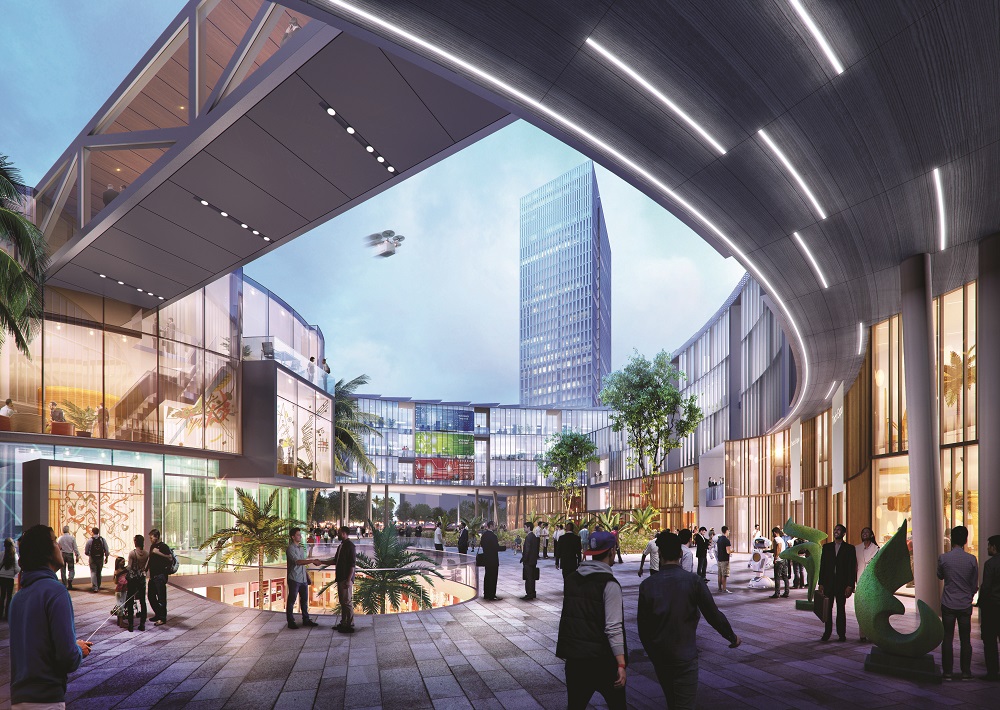
The cradle of ride-hailing giant Grab—Southeast Asia’s only decacorn or startup valued at more than USD10 billion—Singapore is now home to 80 of the world’s top 100 tech firms.
KPMG reports around 59 percent of international tech companies in Asia Pacific have regional headquarters in Singapore, while a Preqin study states that, of the USD14.9 billion in VC inflows to Southeast Asia between 2010 and 2017, around 67 percent went to Singapore-based startups.
Unsurprisingly, Singapore’s tech parks remain highly occupied, with Mapletree Business City and Onenorth keeping vacancy rates less than five percent by end of 2018.
In February, the finance ministry announced an increase in tax deduction rates for research and development (R&D) expenses incurred by companies, an audacious step for a city already world-famous for low corporate tax rates. “People like to invest in Singapore’s properties because there’s zero capital gains tax for property investment, high quality of life, and a pro-business environment,” says Christine Sun, head of research at the consultancy OrangeTee & Tie Pte Ltd.
More: Strong and stable Singapore courts attention of HNWIs
Like Bangalore, a city often branded as the Asian Silicon Valley, Manila is a global outsourcing hub. President Rodrigo Duterte recently imperilled this status by signing in June a directive banning the creation of new ecozones in the capital—a bid to promote less popular Filipino hubs like his hometown Davao, the nation’s so-called “Silicon Gulf”.
“The main threats to the ITBPM (Information Technology and Business Process Management) sector are the continuous delays in proclamations of ecozones by PEZA (Philippine Economic Zone Authority),” says Monique Pronove, CEO of Pronove Tai International Property Consultants.
More than ease of doing business, a large talent pool captivates tech firms the most, note CBRE analysts. But talent, while relatively cheap, can be sorely lacking in would-be ASEAN Silicon Valleys. Asia Pacific is home to 8.4 million Science, Technology, Engineering and Mathematics (STEM) graduates, yet 50 percent and 30 percent of them are in China and India, respectively.
Last year, only around 290,000 professionals worked in Vietnam’s tech industry. “This is relatively low and certainly not up to par for tech companies. While Vietnam has become an investment destination of tech giants such as Samsung and LG, the lack of human resources can become an obstacle to attracting
investment,” says Hang Dang, managing director of CBRE Vietnam.
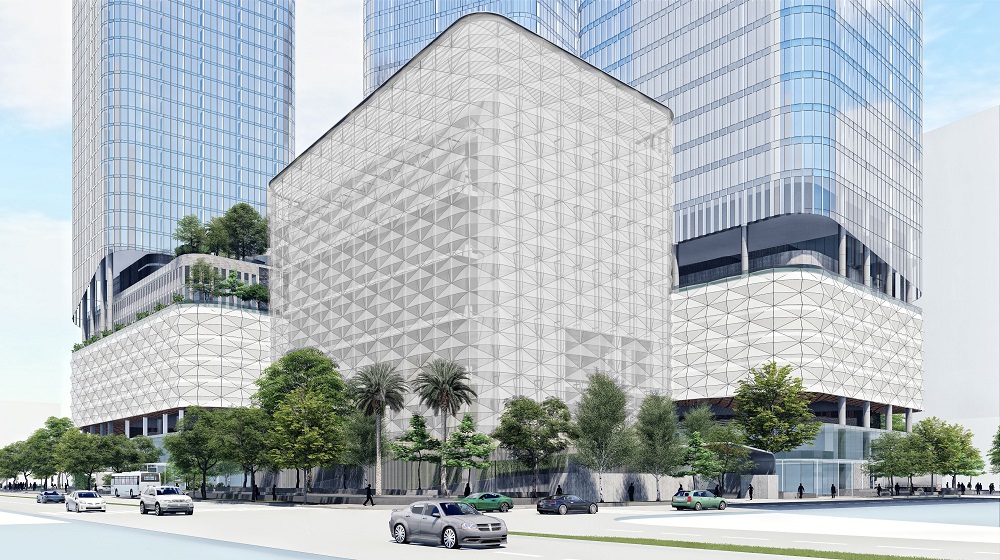
“There should be more focus on education to meet tech talent demand, such as opening more tech-focused schools and actively and publicly providing training opportunities for future employees
while still in school,” she adds.
In the second quarter of 2019, the IT sector accounted for approximately 26 percent and 20 percent of office market demand in Hanoi and Ho Chi Minh City, respectively—up from 18 percent for both cities in 2018. The flexible workplace model intertwined with startup culture has significantly expanded over the past three years.
“This model, of which the total office supply is expected to double in both cities by year-end, allows startups to collaborate, improve productivity, and seek investment opportunities,” says Hang Dang.
“Hi-tech parks” have been on the upswing in Hanoi, Ho Chi Minh City, and Danang. Last year, the Vietnamese capital certified 10 such projects, worth a combined VND78 billion and spanning 365 hectares, compared with just 11.7 hectares across three projects worth VND5 billion in 2017.
More: A leading Singapore architect shares his designs for life
The proliferation of these hi-tech parks in Vietnam foreshadows the larger trend of ASEAN governments coming to the succour of the tech sector. In early 2019, Vietnam launched the Made in Vietnam 4.0 programme promoting tech industries and issued Decree No. 13/2019/NDCP giving scientific and tech enterprises a raft of tax and credit incentives as well as exemptions and reductions on land and water fees.
“To increase the appeal of cities, governments can engineer tax rates and foreign investment rules to greater investment. This, paired with seamless access to funding, will start a cycle where there are more market participants and thus greater competition,” notes Choi.
Southeast Asia has yet to truly duplicate the Silicon Valley story. At the rate tech hubs are growing in the region though, who’s to tell when Cyberjaya and its ilk will be as much of a byword for innovation as Cupertino?
This article is the third in a five-part series. It originally appeared in Issue No. 157 of PropertyGuru Property Report Magazine. Read the first, second, fourth, fifth parts here
Recommended
Meet the vagabond architect behind India’s housing scene
Vinu Daniel is helping to shake up India’s home building setting
Where Asian real estate stands in a fragmented, warmer world
Asia’s real estate industry faces many and varied challenges as external factors continue to bite
6 sights to see in Singapore’s Marine Parade
Handily located Marine Parade has emerged as a vibrant investment choice in the Lion City
There’s a township dedicated to health and wellness in Malaysia
Property seekers have their health needs catered for at KL Wellness City

